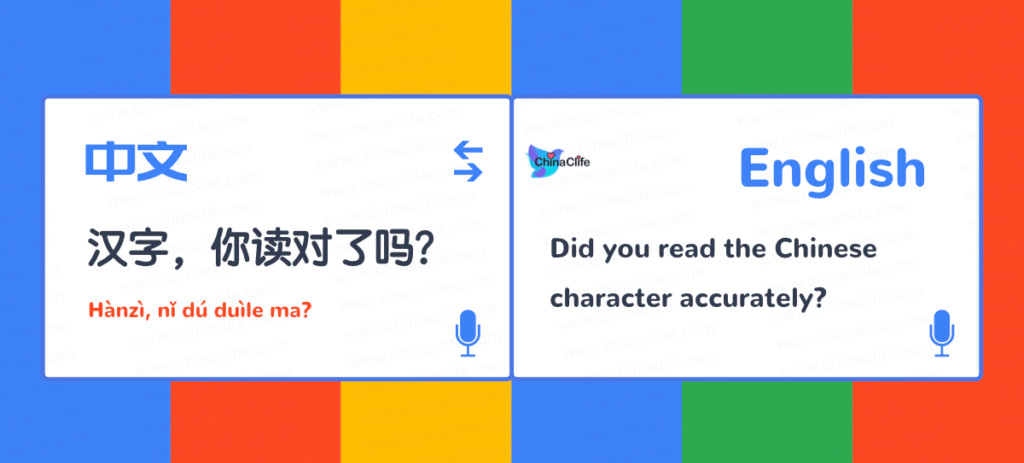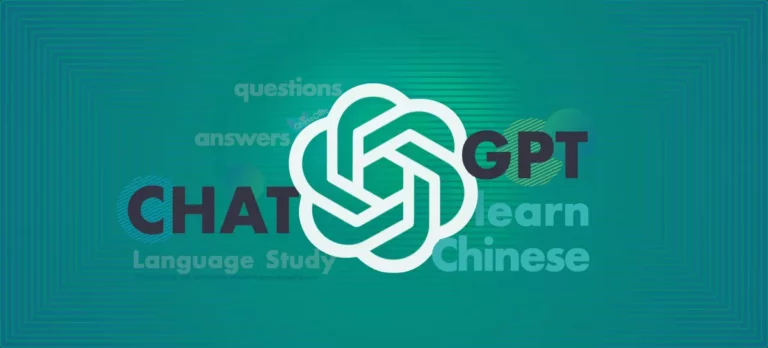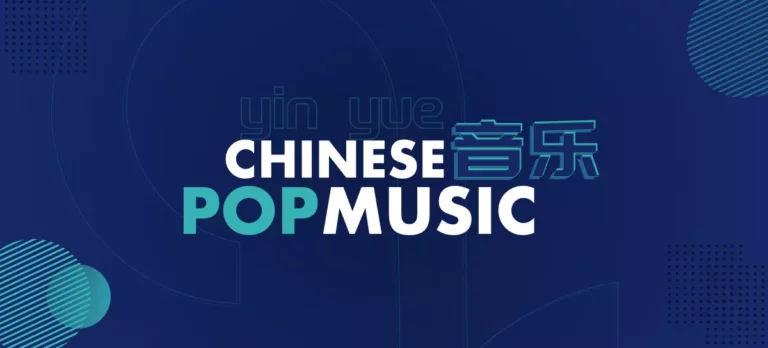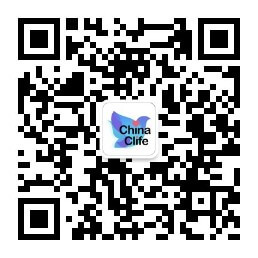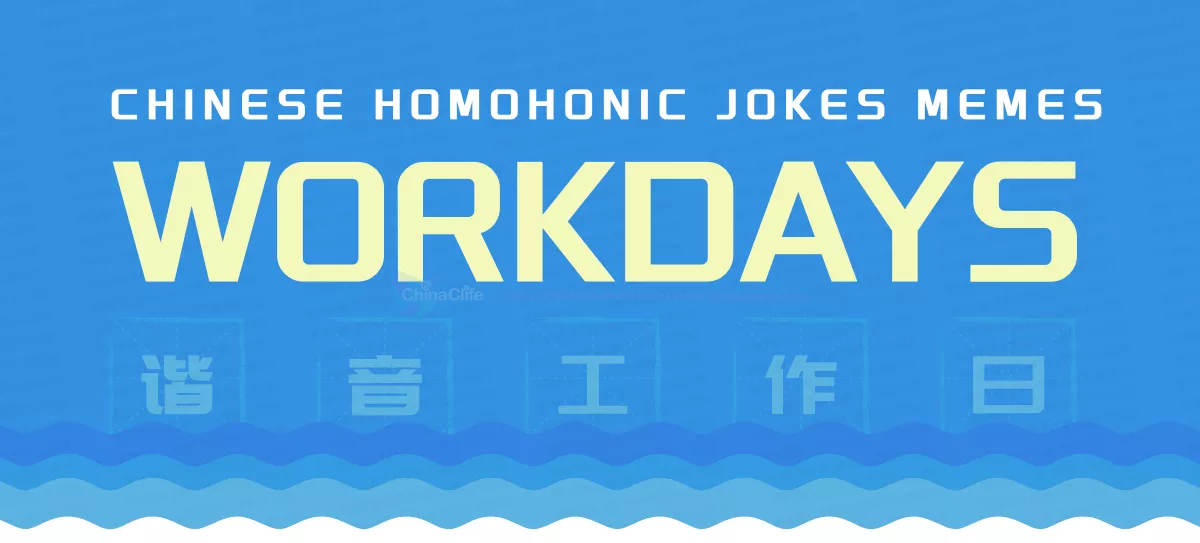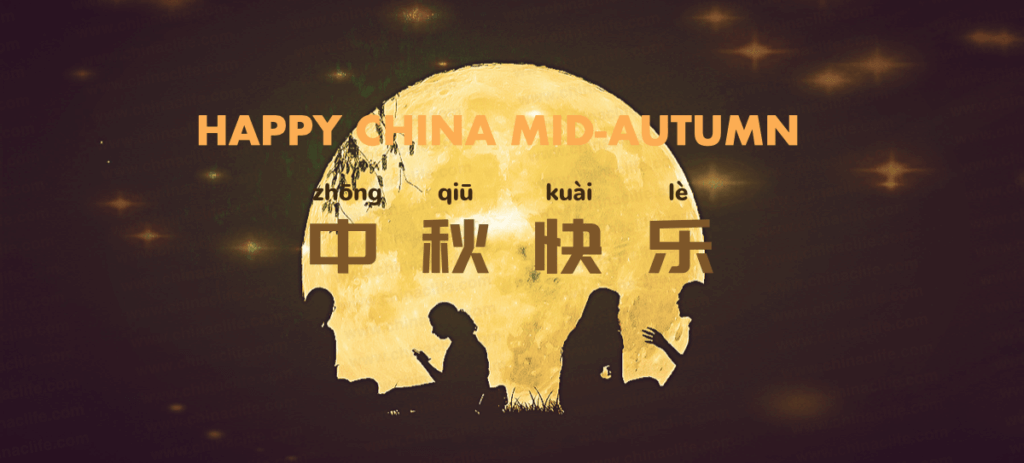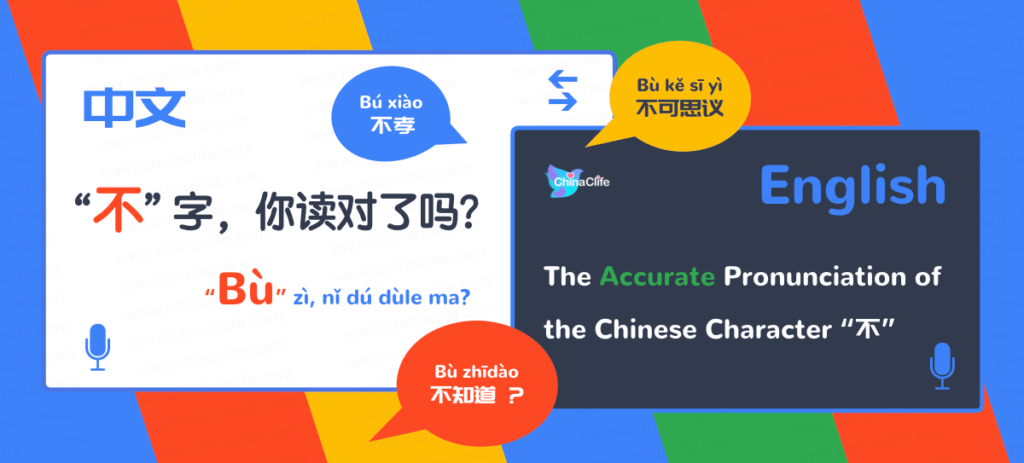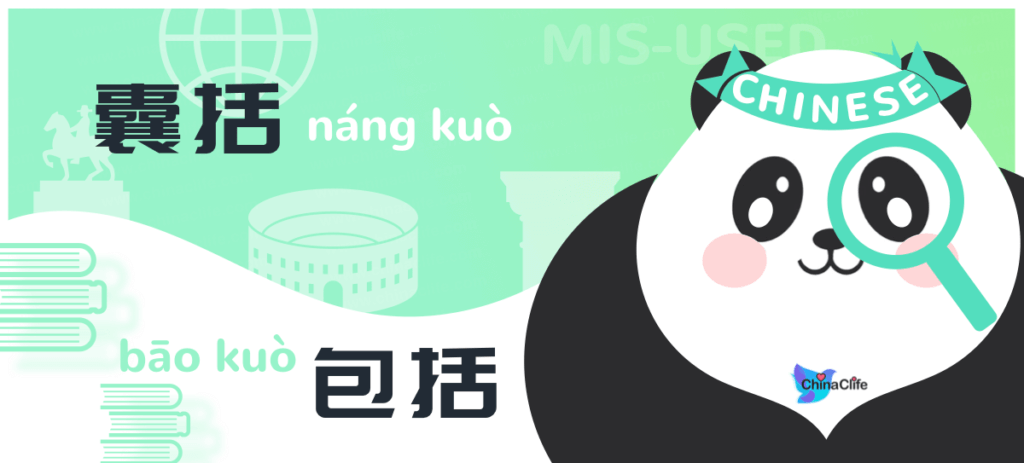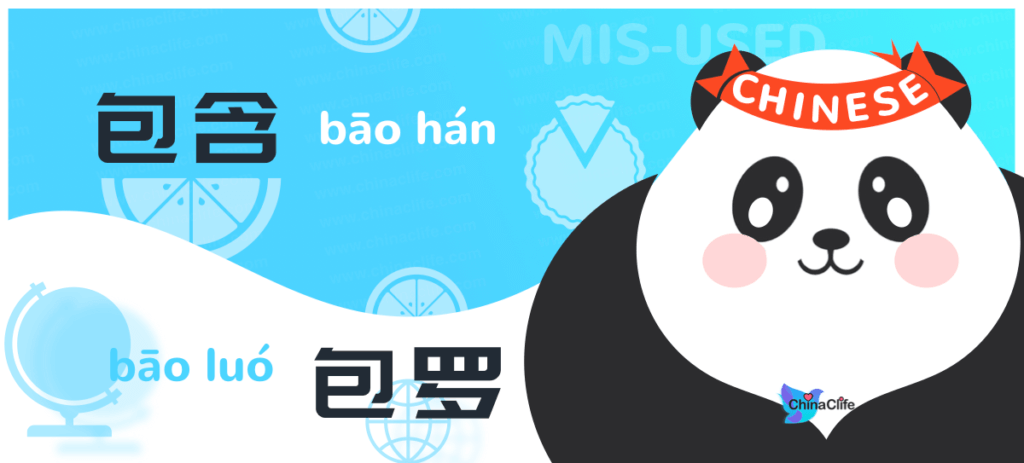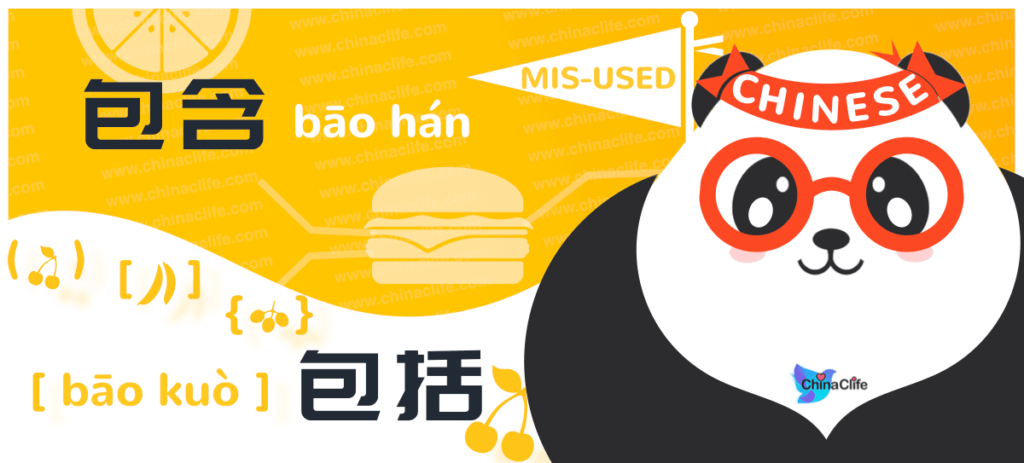"Have you noticed some errors when trying to translate English / Chinese words or sentences to Chinese Pinyin in Google translator tool? Have you thought about why your Chinese pronunciations were always different from that a local Chinese spoke? The reason may surprise you if you follow the story below."
THE WORST EXAMPLES THAT GOOGLE TRANSLATE CHINESE TO PINYIN INACCURACY
| Google 翻译拼音不太准确的案例
English Words: Google Translate Chinese to Pinyin
Chinese Pinyin: Google jiāng zhōng wén fān yì chéng pīn yīn
Chinese Characters: Google 将中文翻译成拼音
Similar Chinese Words:
中文翻译器 (Zhōngwén fānyì qì)| Chinese Translator
Related Chinese Words:
标准汉语拼音 (Biāozhǔn hànyǔ pīnyīn)| The standard Chinese Pinyin
发音 (Fā yīn)| Pronunciation
声调 (Shēngdiào) | Tones.
Related App:
Google 翻译 (Google Fānyì)| Google Translate to Chinese Pinyin
Many Chinese beginners often use various online Chinese translators when they start to learn the Chinese language, especially using the famous Google Translate tool. 不少中文学习者,常常都会用到各种中文翻译工具,尤其是大家很熟悉的 Google 翻译。 The Google Translate will not only help you to translate English or other Western languages into Chinese but also generate Chinese Pinyin at the same time, which could assist you in recognizing and reading the translated Chinese characters, words or sentences. Google 翻译不仅可以将英语或其他西方语言翻译成中文,还可以同时生成汉语拼音,辅助你认读生成的中文汉字、词语或句子。 However, have you ever noticed that the Chinese Pinyin generated by Google Translate often contain some mistakes? 然而,你是否曾经注意过,Google 翻译生成的汉语拼音常常出错呢? Let's take the following as an example. 比如这个例子。 Try to paste any Chinese word, sentence or paragraph containing the Chinese character "一" into the left source language of Google Translate and then take a check what tone generated in Pinyin at the bottom. 你可以试着将任何一个包含汉字“一”的中文词语、句子或段落粘贴到 Google 翻译左侧的源语言中,看看汉字下方出现的汉语拼音。 You will see that all the pinyin for the Chinese character "一" is indicating "yī", with the first high-pitched tone. 你会发现,所有对汉字“一”的拼音都显示为 “yī”,声调为“一声”。 But if you talk with a Chinese-native speaker, you will hear that she pronounces "一" differently in some words or sentences, that is a different tone. 但是,如果你和一位母语为中文的人聊天,你会发现,她说到的包含“一”字的词语或句子,“一”的发音是不同的。 For example: 比如: When she says the Chinese word like "一天", she may pronounce 一天 as "Yìtiān". The actual tone she speaks of "一" is the fourth tone, which is the falling tone. 当她说汉语词语“一天”的时候,她的发音是“一天 (Yìtiān)”, 其中“一”字发的是四声 “yì”。 But if you type the word "一天" or "One day" into Google Translate, you will find that it always prompts the Pinyin as "Yītiān", where "一" is always corresponding to the first tone "Yī". 但是当你将“一天” 或者“One day” 输入到 Google 翻译里时,你会发现,Google 翻译提示的拼音永远是“yītiān”,其中“一”显示的读音为一声“yī”。 If your friend asks you "to eat an apple" in Chinese like “吃一个苹果”, you will find she may pronounce the word “一个” as like "Yígè". At this time, the pronunciation of the character "一" has been changed into the second tone "Yí". 如果你的朋友对你说“吃一个苹果”,你会发现她说到词语“一个”时的发音是“一个 (Yígè)”,此时“一”字的发音又变成了中文里的二声 “yí”。 Then if you copy and paste "一个苹果" into Google Translate, it still gives you Chinese Pinyin "Yīgè píngguǒ", and the tone of the character "一" here is still the first tone "Yī". 此时,若你在 Google 翻译里输入“一个苹果”,你会发现 Google 给出的拼音是 “Yīgè píngguǒ”,其中“一”字显示的声调仍然是一声“yī”。 So, the question comes, which one is correct? You may get confused and frustrated by this. 那么,问题来了,哪种才是“一”的正确发音?你可能会为此感到特别困惑和沮丧。 To be strict, all the above tones of the Chinese character "一" are not wrong but a little bit inaccurate. The only difference is whether the original tone or a modified tone (also known as Tone Sandhi) is used. 严格来说,以上关于汉字“一”的拼音都不为错。区别仅在于使用的是汉字的原调还是变调。 In Google Translator, the generated Pinyin for those Chinese characters such as "一" is uniformly marked with its "Original Tone", not the "Tonal Modification" (or Tone Sandhi) applied in a real life. It means that the tones generated by Google Translate are not always equivalent to the actual tone or actual pronunciation in Chinese life. Google 翻译里,对于“一”这样的汉字统一标出的是“原调”,而不根据实际应用显示“变调”,也意味着显示的并非是真实的读音。 The local Chinese people's pronunciation of "一" in their daily life is adjusted according to context. It is certainly sure that learning the actual pronunciations or tonal modifications will be more practical and helpful for Chinese beginners. 而当地中国人在日常生活里读出的“一”的发音,是根据真实生活需要而使用的变调。当然,学会汉字的真实发音,也就是变调,更为实用一些。 Therefore, if you don't know the rules of the original tones and the tonal modifications in Chinese, and learn to read by following directly what Google Translate indicated, you will definitely speak Chinese quite differently from a native Chinese speaker did. 因此,若不清楚一些汉字拼音里的原调和变调的规律,而直接照着 Google 翻译 给出的拼音结果来学习和拼读,你的发音一定会跟中国本地人说得不一样。 And this is probably one of the reasons why Chinese people always thought the foreigner's Chinese spoken weirdly. 这或许也是为什么中国人往往觉得“老外”的中文发音很奇怪的原因之一了。 Tips: The full content to show for Free Logged-In and Premium residents only. Please click Log-In / Sign Up for Free button on the top right to unlock them. Tips: The full content to show for Free Logged-in and Premium residents only. Please click Log-In / Sign Up for Free button on the top right to unlock them.Google Translate to Pinyin Inaccuracy Examples
| Google 翻译成错误拼音的案例
Worst Case: Always Unchangeable Tones of "一" When Google Translate Chinese to Pinyin
| 糟糕案例: Google 翻译里生成的“一”总是一成不变的声调
The Tonal Modification Rules of Character"一" in Chinese
| 中文里,汉字“一”的变调规则
More Stories to Be Continued...

